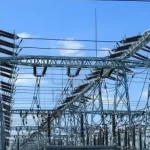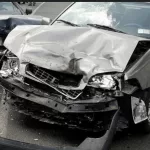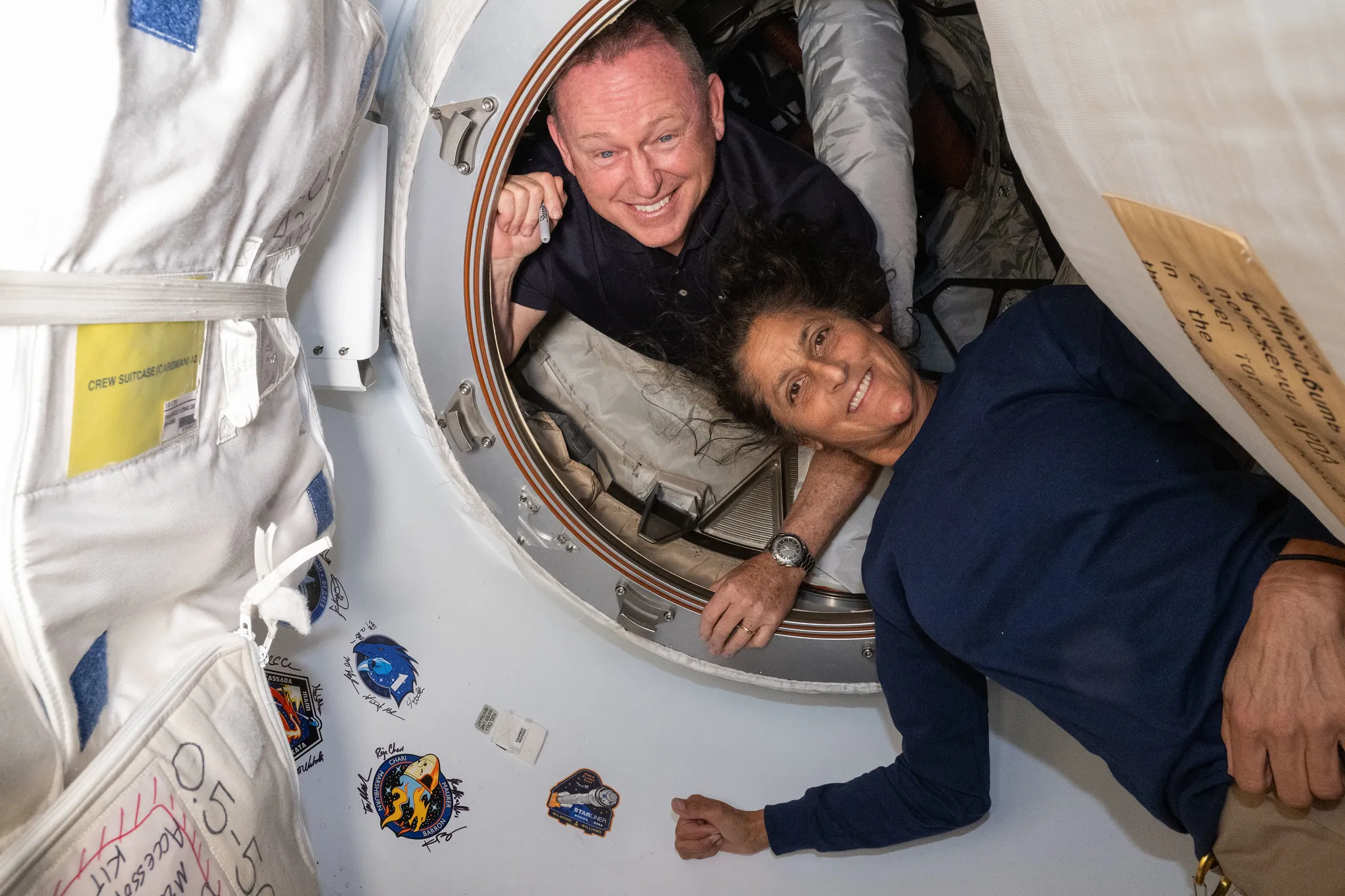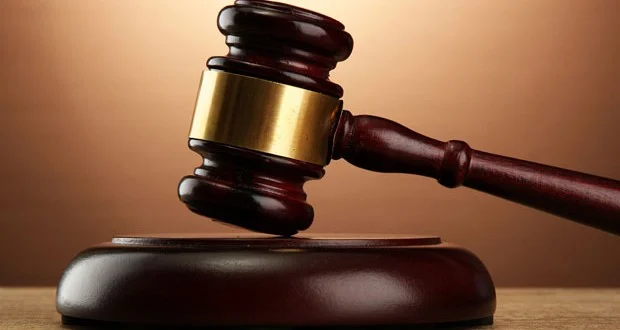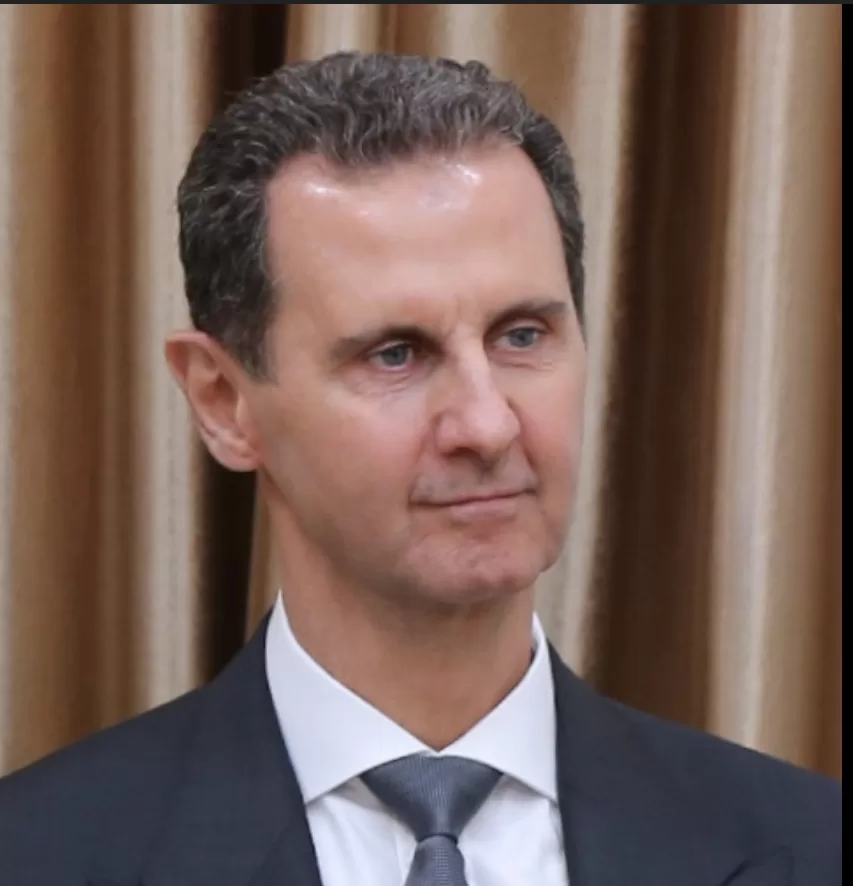NASA astronauts ‘STRANDED’ in space due to malfunctioning Boeing Starliner – as experts say SpaceX could perform a rescue mission.
The astronauts were originally scheduled to return to Earth on June 13 after spending no more than a week on the ISS.
But Boeing’s Starliner spacecraft encountered numerous problems during the 25-hour flight, triggering a two-week extension to their stay.
This comes after NASA ditched Russia’s reliable Soyuz propellers for space travel.
Wilmore and Williams are now expected to return home no sooner than June 26.
Starliner departed from Florida’s Cape Canaveral on June 5 in what would be its first crewed flight
However, engineers quickly encountered issues, identifying five separate helium leaks to the spacecraft’s thruster system.
NASA announced that it would delay the return flight to give engineers time to diagnose the issues, which seemed partially resolved during a test on June 15.
“We are taking our time and following our standard mission management team process,” said Steve Stich, manager of NASA’s Commercial Crew Program, at a media conference last week.
“We are letting the data drive our decision making relative to managing the small helium system leaks and thruster performance we observed during rendezvous and docking.”
Mark Nappi, Boeing’s Starliner program manager, described the error-prone helium system as “manageable” despite “not working like we designed it”.
“So we’ve got to go figure that out,” he said.
The NASA team is reviewing future return opportunities following the station’s two planned spacewalks on June 24 and July 2.
“We are strategically using the extra time to clear a path for some critical station activities while completing readiness for Butch and Suni’s return on Starliner and gaining valuable insight into the system upgrades we will want to make for post-certification missions,” he said.
Wilmore and Williams are assisting with station operations as needed while Starliner remains docked at the ISS.
Source: mailonline, The SUN UK, MIRROR UK

